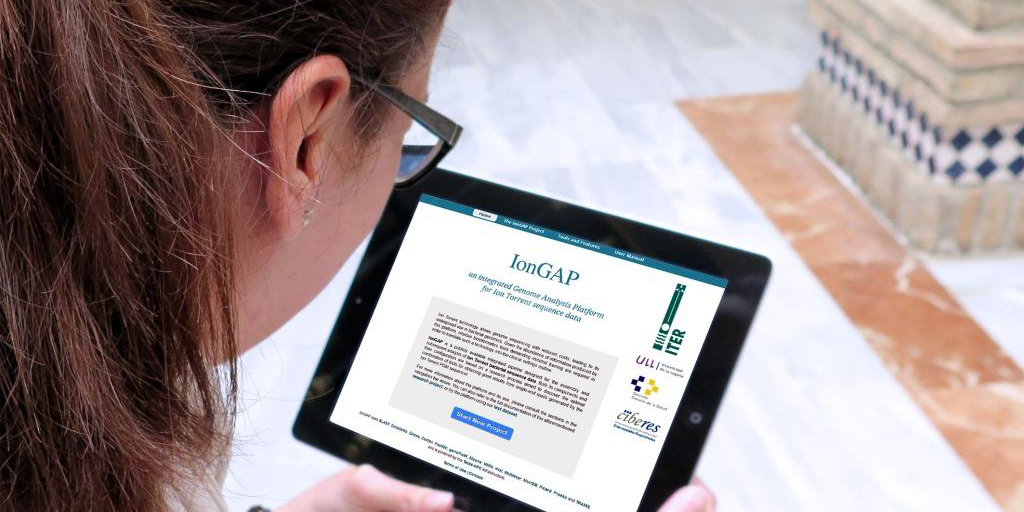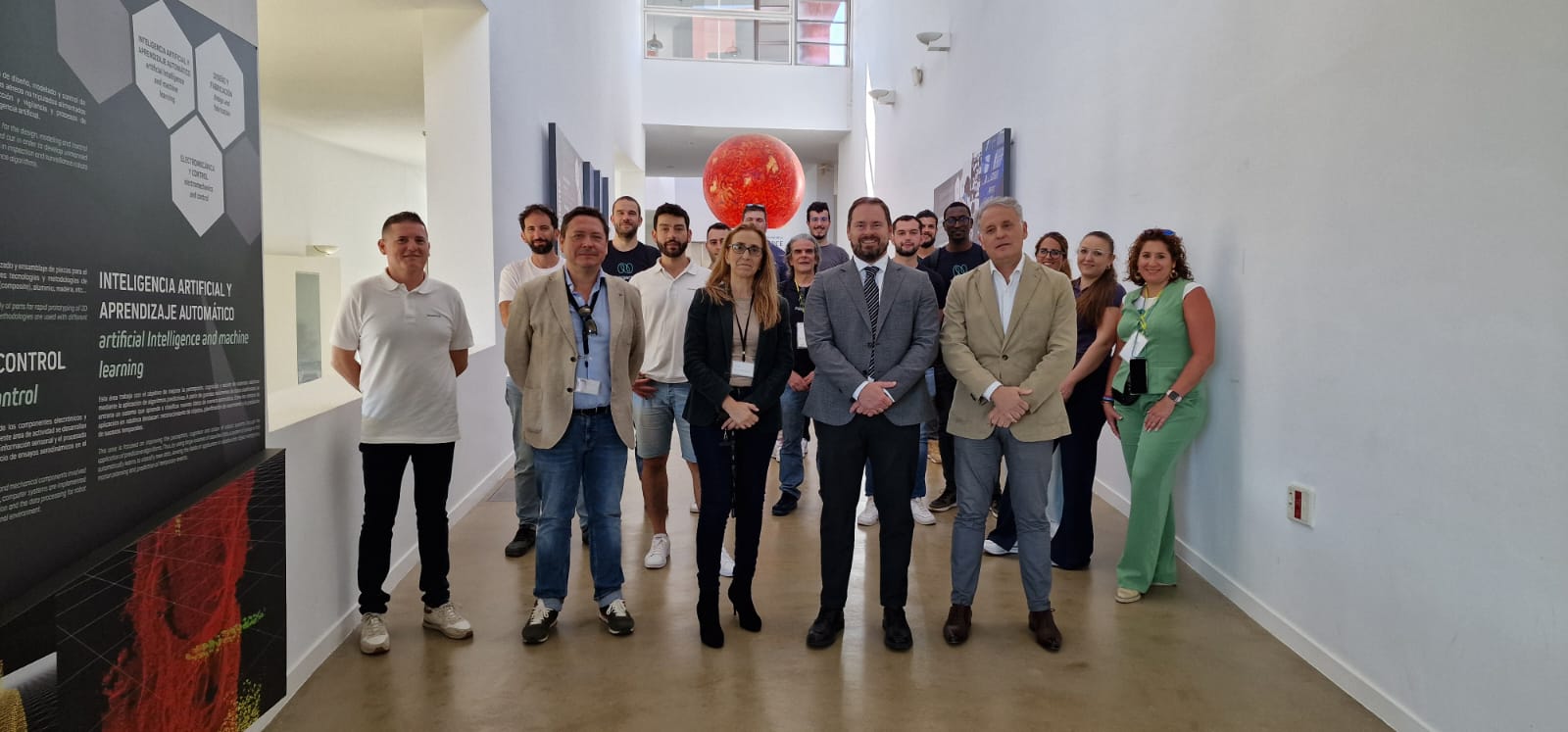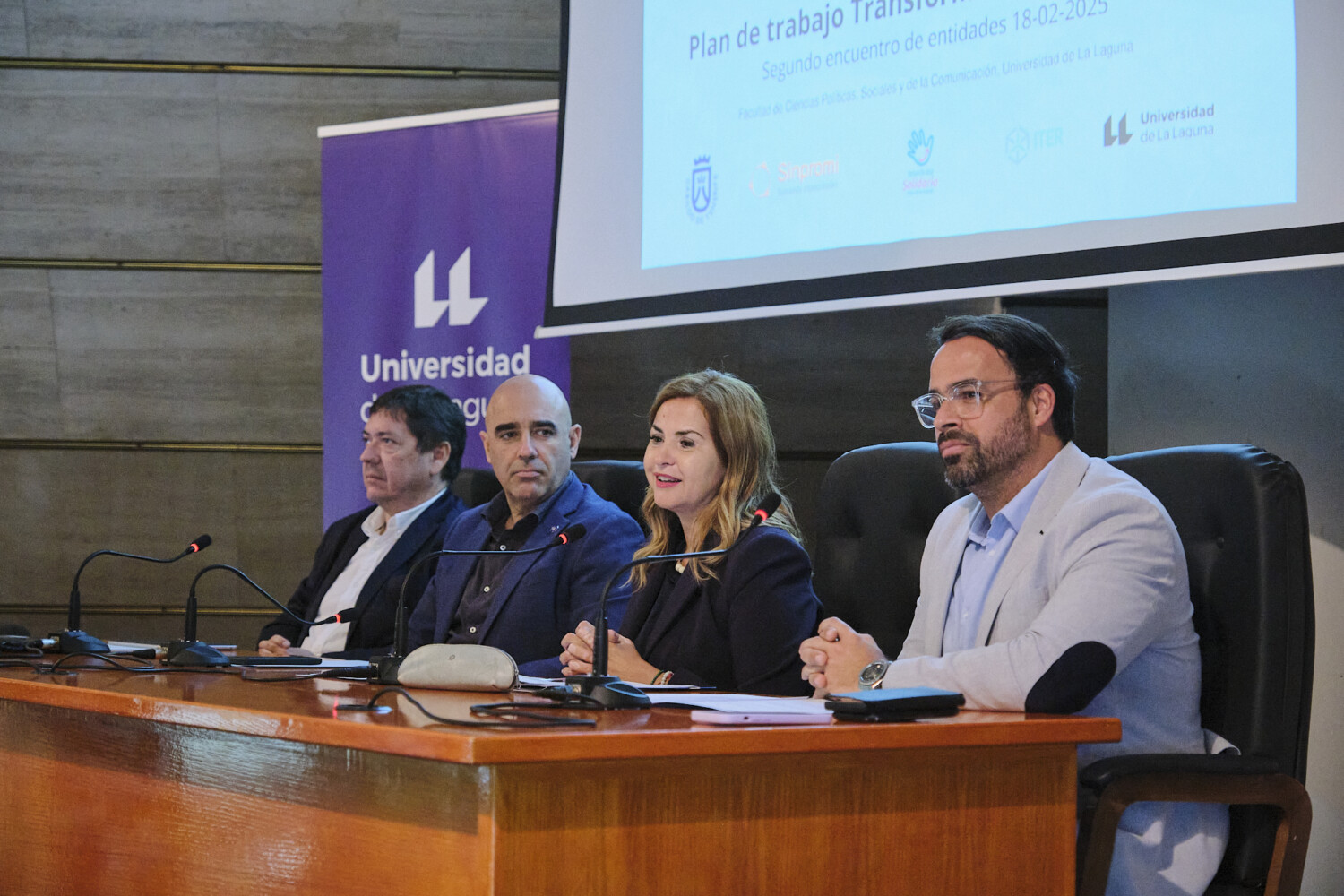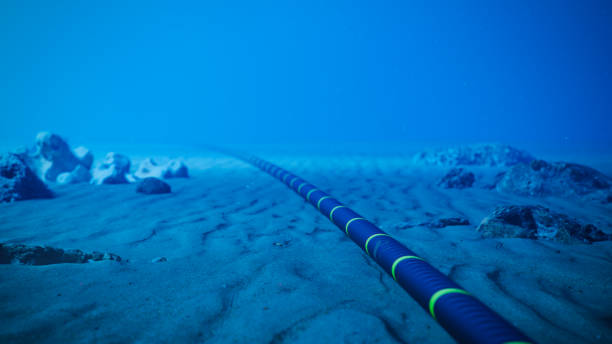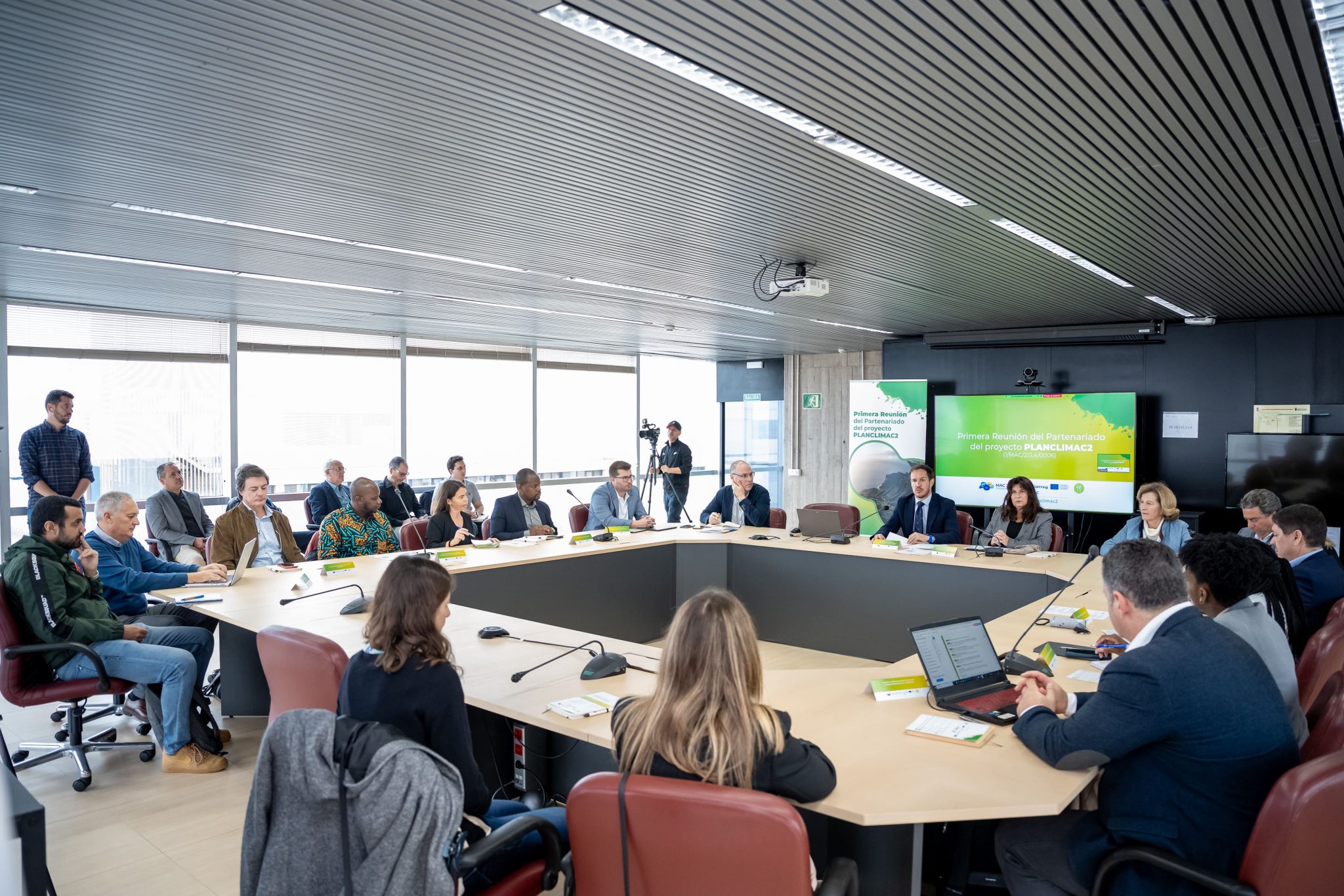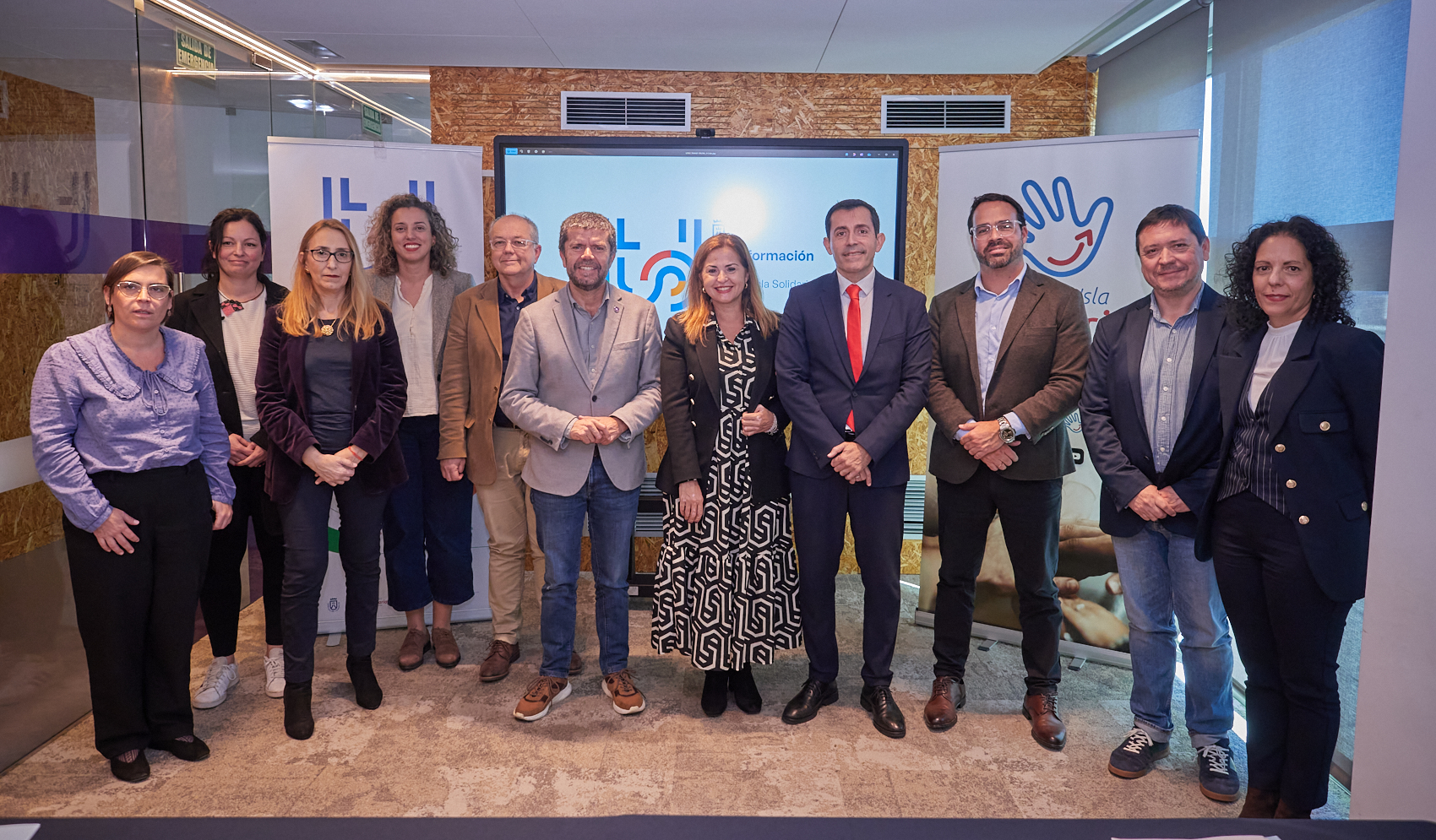A scientific publication gathers all the details about this multidisciplinary project where technicians and researchers of the Hospital La Candelaria, the ULL and ITER will cooperate.
Researchers of the University Hospital Ntra. Sra. de Candelaria attached to the Ministry of Health of the Canary Government and to the University of La Laguna (ULL), in collaboration with ITER, have developed a web of public access which allows, among other things, to quickly assemble bacterial genomes.
This collaboration project, called IonGAP, is possible thanks to ITER´s High Performance Computing Teide-HPC, now considered the second most powerful in Spain. IonGAP is a very useful web-based tool especially for investigations framed in clinical and biomedical contexts as well as for those of pharmaceutical application. Its high processing capacity reduces the time and cost of the research that comprehensive analysis of data related to bacteria DNA require.
This initiative arouse from a student of Computer Engineering, Adrian Baez, (end of degree project) and from the need of the researchers involved in creating an integrating tool for the analysis of data from massive DNA sequencing.
This project started on the 28th on November 2014, with free access through the web portalhttp://iongap.hpc.iter.es. Up do date, this IonGAP tool has been used by national and international researchers in 47 different projects of countries such as México, USA, Chile, Australia, India, Germany, England and Spain.


